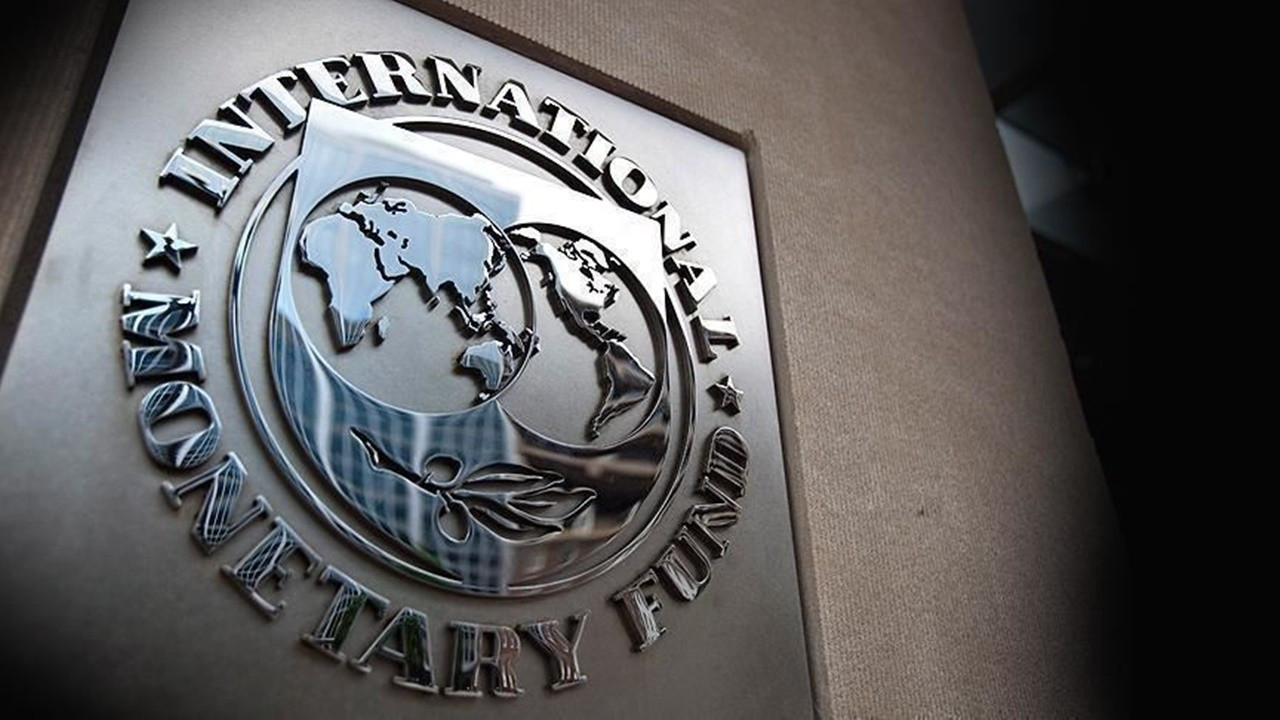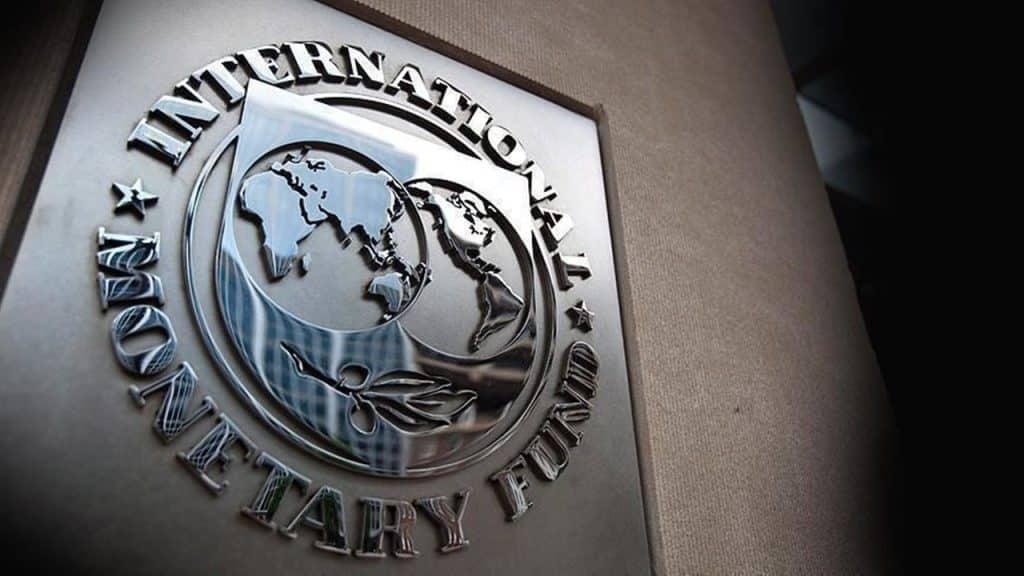
The IMF has published its report titled “Tackling the Global Food Crisis: Impact, Policy Response and the Role of the IMF”. The world is facing a food crisis as major price shocks exacerbate food insecurity, the report said. In the report, which stated that many factors contributed to food insecurity, including conflict, climate shocks and the impact of the COVID-19 epidemic, since 2018, the war started by Russia in Ukraine intensifies the pressures on international prices of basic foodstuffs and fertilizers. The situation was reported to have deteriorated sharply. In the report, it was emphasized that international prices remained significantly above the 2020-2021 averages despite the recent easing.
Affects low-income countries the most
Underlining that high prices for fertilizers and energy, as well as significant downside risks, adversely affected the outlook, the report said, “The world is currently in a crisis equal to the 2007-2008 crisis, which left many countries with severe food shortages and caused great suffering and many deaths. facing a food crisis.” evaluation was made. In the report, it was pointed out that although the food crisis is a global phenomenon, it affects the low-income countries the most, and it was noted that the food crisis has great economic costs as well as creating human suffering. In the report, it was stated that the crisis is in the worst situation in 48 countries that are highly dependent on imports from Ukraine and Russia, mostly low-income countries. . In the report, it was noted that approximately $ 50 billion is needed to eliminate acute food insecurity in 2022, and this figure may increase in the long run. In the report, it is stated that Sudan, Kyrgyzstan, Belarus, Tajikistan and Armenia are the countries most dependent on food imports from Ukraine and Russia as a percentage of their gross domestic product (GDP). , Paraguay and Kyrgyzstan were reported.
A call to action quickly
In addition, IMF Director Kristalina Georgieva and IMF officials Björn Rother and Sebastian Sosa wrote a joint blog post on the subject. The article underlined that the unprecedented humanitarian challenge requires quick action to alleviate the suffering of those who do not have enough food and to provide financing to countries in need. Pointing out that policy makers in many countries are taking financial measures to protect people from the current food crisis, it was noted that for this year alone, countries with high levels of food crisis are estimated to need $7 billion to help the poorest families cope with it. In the letter, it was stated that people should be supported quickly and adequately, continued open trade, increased food production, improved distribution and invested in climate resilient agriculture.
New financing window for food shock from IMF
On the other hand, IMF Managing Director Georgieva announced the creation of a new “Food Shock Window” to help countries address food insecurity. Georgieva stated that the new financing window will provide additional access to emergency finance to countries with urgent balance of payments needs and those experiencing acute food insecurity, a sharp food import shock or a grain export shock. Stating that the new financing window will be open for one year, Georgieva stated that with the new financing window, the IMF will provide additional assistance to help people in fragile countries.
A professional writer by day, a tech-nerd by night, with a love for all things money.

